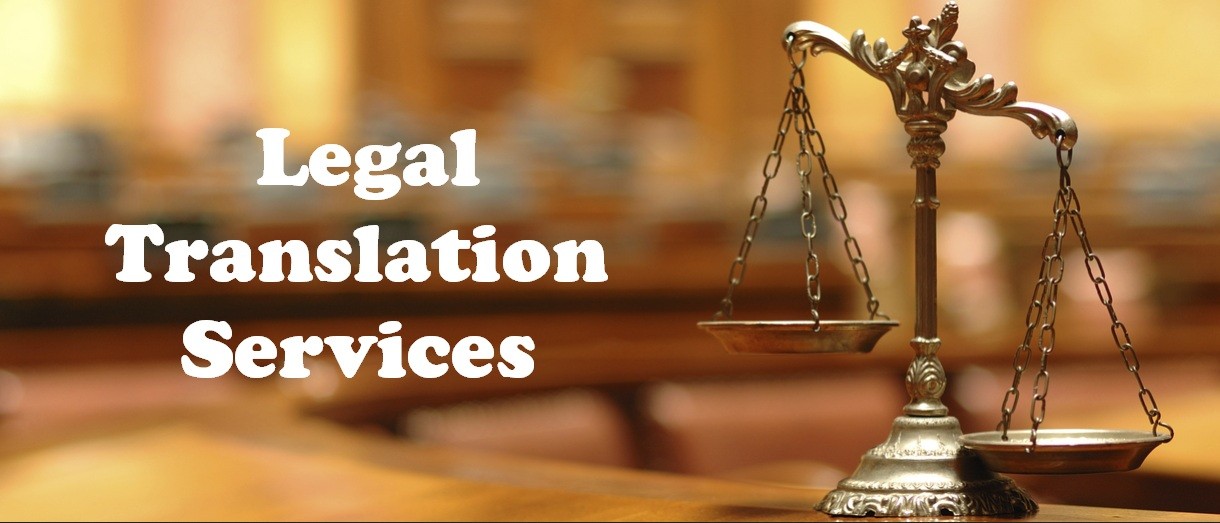Posted on April 8, 2024
Navigating the World of Legal Translation Services: A Comprehensive Guide
Legal translation is a highly specialized field that requires precision, accuracy, and a deep understanding of legal terminology in multiple languages. When dealing with legal documents, contracts, patents, or court proceedings that need to be translated, it is crucial to work with professional legal translation services to ensure that no details are lost in translation. This comprehensive guide will help you navigate the world of legal translation services and make informed decisions when choosing a provider.
What is Legal Translation?
Legal translation involves the conversion of legal documents and texts from one language to another while maintaining the precise meaning and intent of the original document. This type of translation requires specialized knowledge of legal terminology and concepts in both the source and target languages. Legal translation services play a critical role in ensuring that legal documents are accurately translated to be understood by all parties involved.
Key aspects of legal translation services include:
- Accuracy and precision in translating legal terminology
- Understanding of different legal systems and terminology
- Confidentiality and data security
- Adherence to deadlines and regulatory requirements
Why Choose Professional Legal Translation Services?
When it comes to legal translation, accuracy and attention to detail are paramount. Working with professional legal translation services offers several advantages:
Benefits of choosing professional legal translation services:
- Expertise in legal terminology and concepts
- Quality assurance processes to ensure accuracy
- Confidentiality and data security measures
- Adherence to deadlines and regulatory requirements
- Specialized knowledge of different legal systems
Factors to Consider When Choosing a Legal Translation Service
With so many legal translation services available, it can be challenging to determine which provider is the best fit for your needs. Consider the following factors when choosing a legal translation service:
Important factors to consider:
- Expertise in legal translation and relevant experience
- Reputation and reviews from past clients
- Quality assurance processes and certifications
- Confidentiality and data security measures
- Turnaround time and ability to meet deadlines
- Cost and pricing structure
Types of Legal Documents that Require Translation
A wide range of legal documents may require translation, including but not limited to:
Common types of legal documents for translation:
- Contracts and agreements
- Court documents and transcripts
- Patents and intellectual property documents
- Immigration documents
- Regulatory filings and compliance documents
Challenges in Legal Translation
Legal translation presents unique challenges that require specialized expertise to overcome. Some of the common challenges in legal translation include:
Key challenges in legal translation:
- Complex legal terminology and concepts
- Differences in legal systems and practices
- Cultural nuances and linguistic differences
- Accuracy and precision requirements
- Confidentiality and data security concerns
Conclusion
Legal translation services are essential for ensuring accurate and effective communication of legal documents across different languages and legal systems. By understanding the key aspects of legal translation, the benefits of working with professional services, and the factors to consider when choosing a provider, you can navigate the world of legal translation with confidence and make informed decisions that meet your specific needs.

